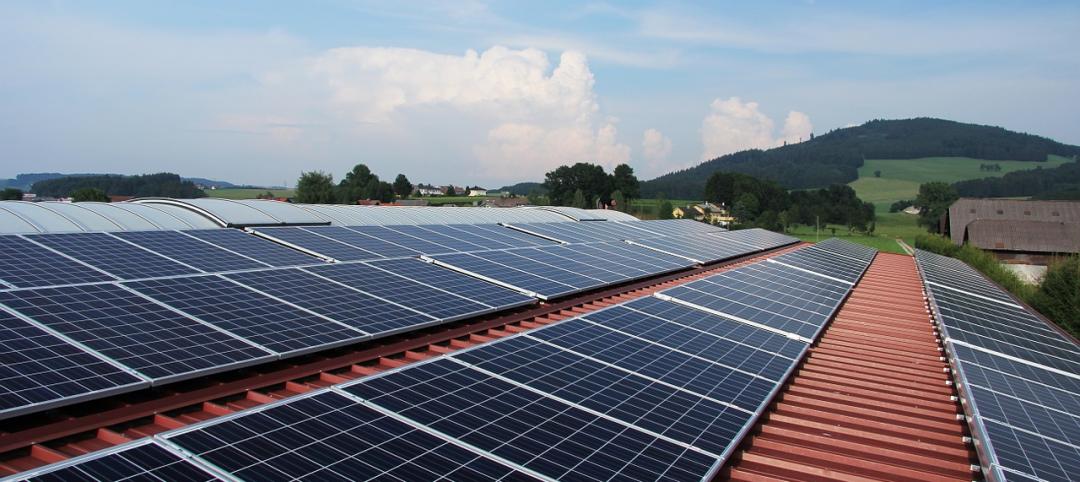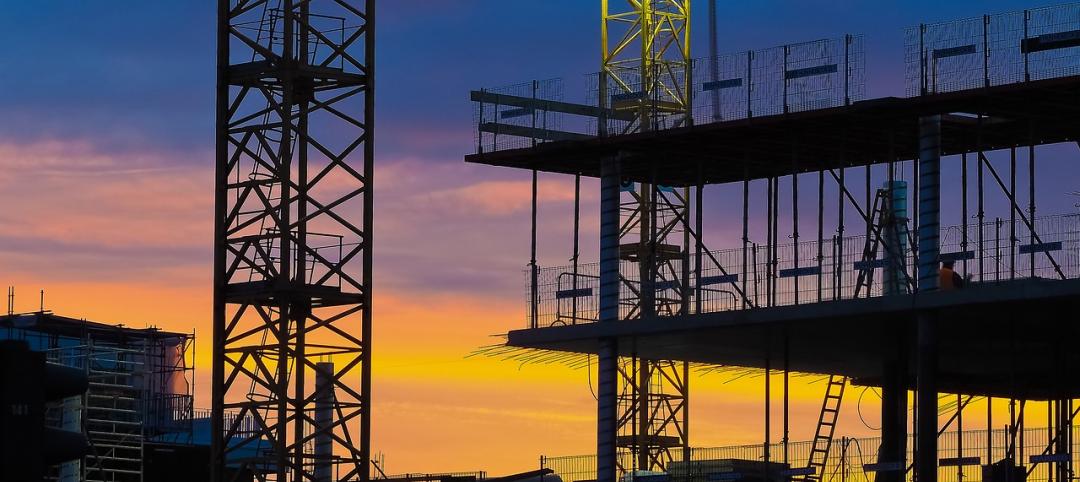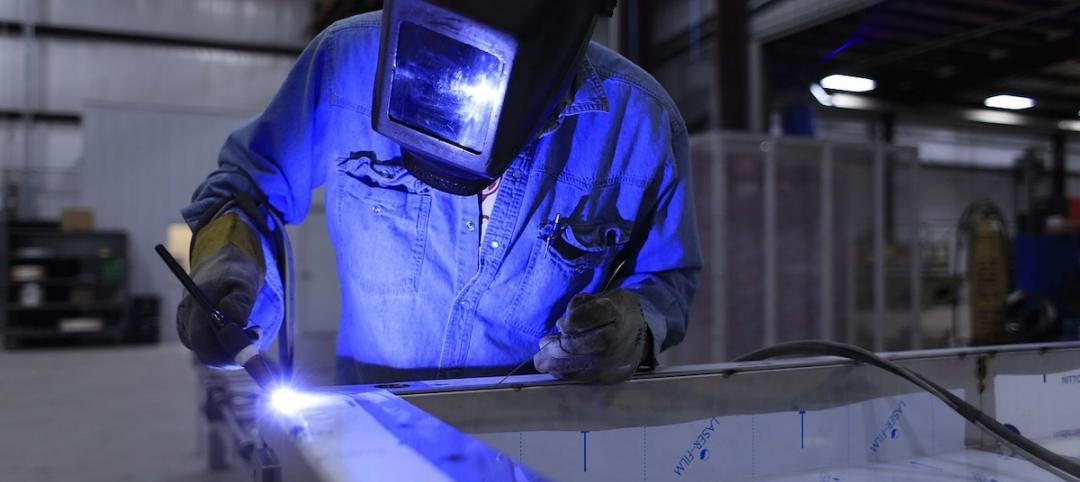The U.S. Department of Energy recently launched the zero energy schools accelerator, an effort to develop cost-competitive zero energy school design.
Six school districts, two states, and several national organizations are working collaboratively on the effort. DOE defines a zero energy building as “an energy-efficient building, where on a source energy basis, the actual delivered energy is less than or equal to the onsite renewable exported energy.”
The program’s goal is to quickly make Zero Energy K-12 schools more mainstream. Participating school districts commit to developing their own zero energy plans for a district project within a year. They can also engage with fellow states and school districts, and gain support from regional and national organizations.
Officials kicked off the program at a school in Arlington, Va., that features advanced next generation energy efficiency and renewable power features, including solar rooftop and geothermal heating and cooling systems. Zero Energy schools have the potential to save 65%-to-80% in energy consumption, depending on climate the zone, DoE says.
Related Stories
Codes and Standards | Apr 8, 2019
LEED v4.1 now available for cities, communities, residential/homes
The rating system emphasizes performance monitoring, fully integrated design, social equity, and human health.
Market Data | Apr 8, 2019
Engineering, construction spending to rise 3% in 2019: FMI outlook
Top-performing segments forecast in 2019 include transportation, public safety, and education.
Codes and Standards | Apr 5, 2019
Manhattan expected to adopt congestion pricing plan for automobiles
New York would be first U.S. city to charge drivers extra for downtown motoring.
Codes and Standards | Apr 4, 2019
Chicago makes major building code overhaul
Previous comprehensive changes were done 70 years ago.
Codes and Standards | Apr 3, 2019
Construction advanced materials makers can enhance industry efficiency with technology
Integration of new IT approaches in construction with new materials has potential to enhance sustainability, alleviate worker shortage.
Codes and Standards | Apr 2, 2019
Open offices reduce collaboration among employees
Counterintuitive finding makes value of wide open workspaces questionable.
Codes and Standards | Mar 29, 2019
New timber traceability LEED credit released
Pilot credit aims to reduce use of illegal wood in buildings.
Codes and Standards | Mar 28, 2019
Swinerton forms new mass timber business group
Will pursue new projects being developed with mass timber.
Codes and Standards | Mar 27, 2019
Shortage of skilled construction workers resulting in missed deadlines
Some 40% of contractors have turned down project offers.
Codes and Standards | Mar 25, 2019
ICC release 2019 guidelines for safe use of repurposed shipping containers
Provides in-depth, technical overview on how to design, review, and approve shipping containers as building elements.

















